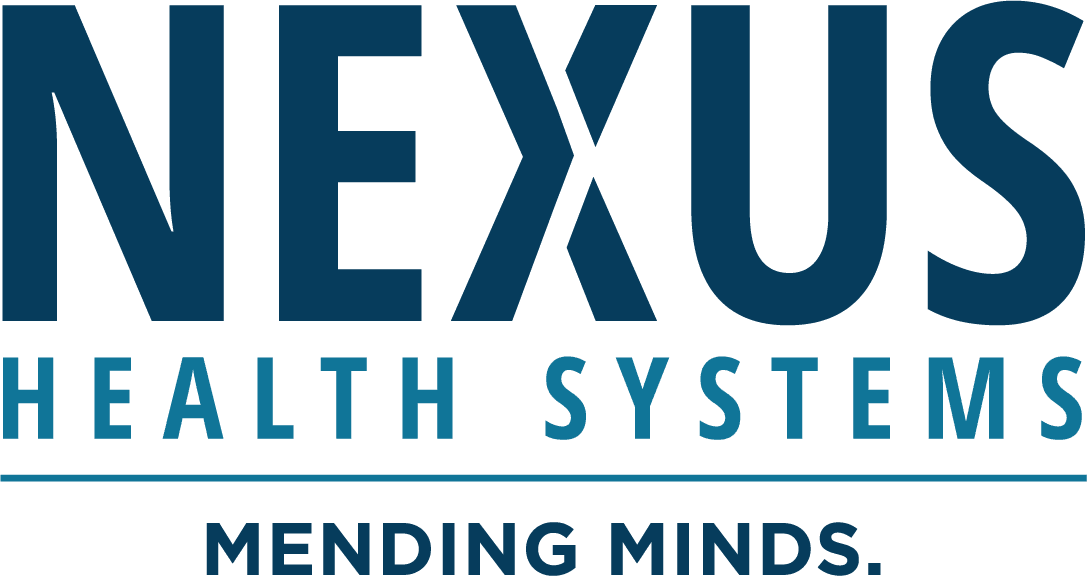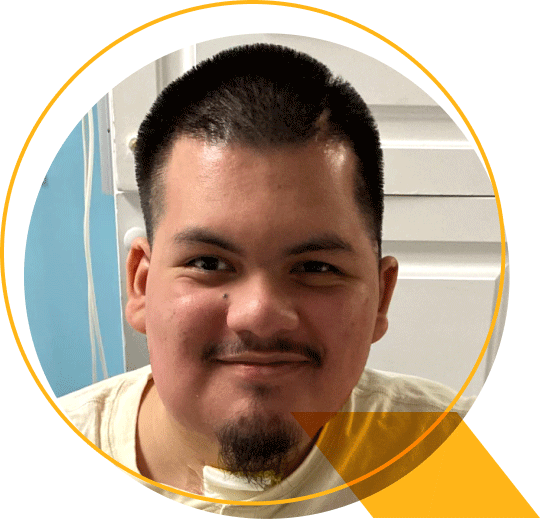While spending time with friends, Alex Gaytan was robbed at gunpoint, sustaining a gunshot wound to the head. He knocked on four nearby doors until someone answered, administered first aid, and called for an ambulance. In the weeks that followed, Alex underwent multiple surgeries to address intracranial and facial injuries, including a broken mandible. Tracheostomy and gastrostomy tubes were placed, as well as an external fixator to support his facial bones as they healed.
After about a month in the intensive care unit, Alex was ready to be transferred to the Rise Program at Nexus Children’s Hospital – Houston.
“He was excited to get into therapy and be able to walk again,” said Monserrat Gonzalez, Alex’s aunt. “As soon as he got to Nexus, his entire attitude changed. He was looking forward to the next stage because he knew that therapy would speed up the recovery process.”
During his time at Nexus, Alex participated in physical therapy to regain functionality in the right side of his body, which had been paralyzed after the accident. Occupational therapy allowed him to practice his fine motor skills, and speech therapy helped him to combat aphasia.
“Once he started to make progress, it gave him a lot of hope. He saw that he had the ability to heal, he just needed his therapists to show him how,” said Monserrat.
Alex’s personal grit and positive attitude played important roles in his recovery process.
“Alex was self-motivated, hardworking, and consistent, so it’s no surprise he made such an impressive recovery,” said physical therapist assistant Nathan Chantra. “More often than not, he would finish his sessions drenched in sweat, and he was always ready for more the next day. In his time at Nexus, he went from bed-bound to leaping bounds, and the team couldn’t be more proud of him.”
By the time he left Nexus, Alex’s tracheostomy and gastrostomy tubes had been removed and he had regained roughly 70% of his physical abilities, according to Monserrat. He has continued speech therapy as an outpatient at Nexus, where he feels at home with the therapists.
Though Alex will likely experience chronic seizures, among other challenges, for the rest of his life, his family perceives a positive change in him following the accident.
“School wasn’t a priority before,” said Monserrat,“but now he wants to get back into school and learn how to drive. He’s a different person. He’s more loving, grateful, and happy.”

